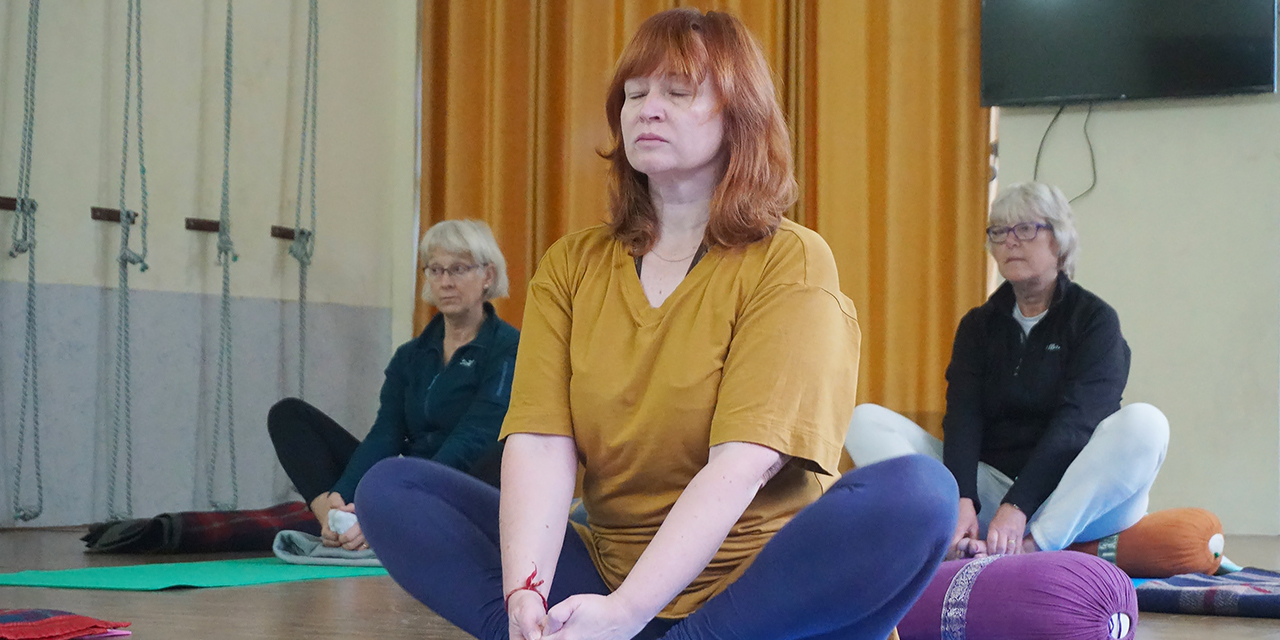How Can I Mentally Prepare for Bariatric Surgery?

Is it time for you to take the next step and have surgery to help you lose the weight you need to lose? Have you decided you are ready?
Here are some tips to help you prepare your mind for the surgery.
Often, surgery can be a scary thought. Once you enter that room, you leave your trust and your life in the hands of the surgeon. You might worry about how you will feel after the surgery. Will you have a long recovery?
With Beebe's medical weight loss team, we make sure our patients are comfortable, confident and fully prepared on surgery day. They have completed a six-month program where they learn new ways of eating, food journaling, and exercising. They know that after surgery, they will have a new and powerful tool to help them lose weight and regain their health. Often, our patients are very excited to enter the operating room because they have worked hard to get to this point.
Most of our patients are home within 24 hours following bariatric surgery.
So, physically you might feel fully prepared. But, what about mentally?
Tips to Mentally Prepare
Here are ways you can be mentally prepared, before and after weight loss surgery:
- Have realistic expectations. The surgery is just one step in your journey. You won’t wake up thin or as a new person. You will have to put in the work for your recovery and ongoing weight loss. If you like to plan, post a calendar above your scale and make notes once a month or once a week on your weight. This isn’t to tell yourself you aren’t where you should be, it’s simply to remind yourself of the progress you are making.
- Talk to your support system. You will want to have a team as you go through this journey. There will be many appointments before and after your surgery. You will want to have people who support you and who want the best for you. Beebe also offers a support group, which can help you stay motivated.
- Talk to a therapist. Often, our weight gain is directly tied to our mental or emotional health. There is a reason we eat to feel better, and there is a reason we gained weight. Confront those reasons head on so that following surgery, you will be better equipped to say no to food and say yes to better health.
- Another reason to talk to a therapist is because you might experience depression. Some patients expressed feeling depressed both before and after surgery – perhaps for different reasons. If food was your comfort, but now you can’t eat like you once did, it could cause you to become depressed or feel lost. Having a therapist or someone you can talk to can help you work through the many emotions you will feel.
- Understand addiction. If food was your addiction and then it is gone, you might run the risk of picking up another addiction. Be gentle on yourself, but also remind yourself that you can do this and to be your healthiest, you need to fully understand and be honest with yourself.
Having weight-loss surgery is a great way for you to lose weight, but it is just a tool. You have to put in the time and the effort to make a lasting impression on your health. Having the mental health resources through your recovery journey is incredibly important.
There is support out there for you – from support groups to counselors to family and friends. Together, you can reach your health goals.
Due to COVID-19, our in-person education sessions and group support meetings have been postponed. However, if you are interested in bariatric surgery and have questions, the Bariatric Wellness Coordinator can help. Fill out the form here. Call our bariatric surgery specialists at 302-703-3630. Learn more: Bariatric Surgery at Beebe.



